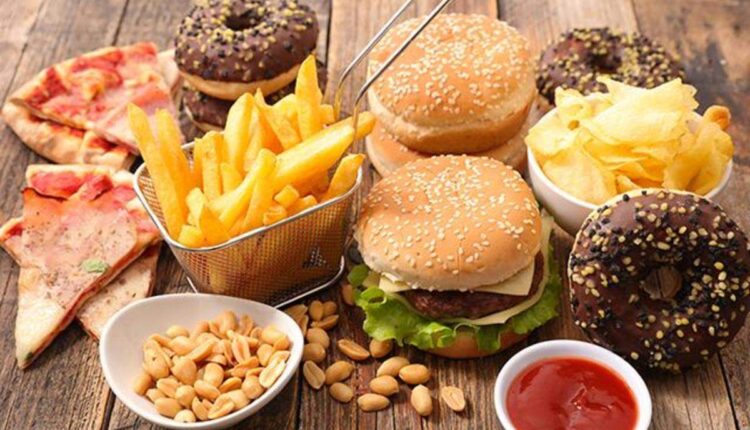What Causes Food Cravings?
Cravings. We all get them. It is one of those near-universal entities that can lead to frustration, over-consumption, and even hopelessness.
Cravings can lead to such questions as:
- Why do these happen?
- What can I do to stop them?
- Am I a bad person because I can’t seem to get control of cravings?
- Does giving in to cravings mean I have no willpower?
- How can I go on a diet and not have cravings?
- What are my options? Seems like either I fight the craving or give in to it.
- Isn’t my body telling me that I need this item for survival?
Characteristics of Cravings
In the annals of the literature/research regarding cravings, several things stand out as to their characteristics:
- Cravings are almost exclusively for calorie-dense, highly palatable foods, not fruits, vegetables, or even protein.
- This means that cravings are often for processed (junk) foods that are high in fat, salt or sugar.
- Food deprivation, as seen in dieting, leads to increased cravings.
- Many cravings are unrelated to hunger. Instead, they are related to a certain situation, time of day, stress or other emotion, or pure habit.
- There is a complex set of hormones and other chemicals in the body and brain that contribute to cravings.
Any person who experiences cravings on a regular basis can probably tell you all of this, except perhaps that complex chemistry is involved.
The questions are, where do these pesky cravings come from, and how can we get rid of them? After all, not only can they lead to frustrating weight gain, but they can also get in the way of developing some regular, healthier, behaviors.



